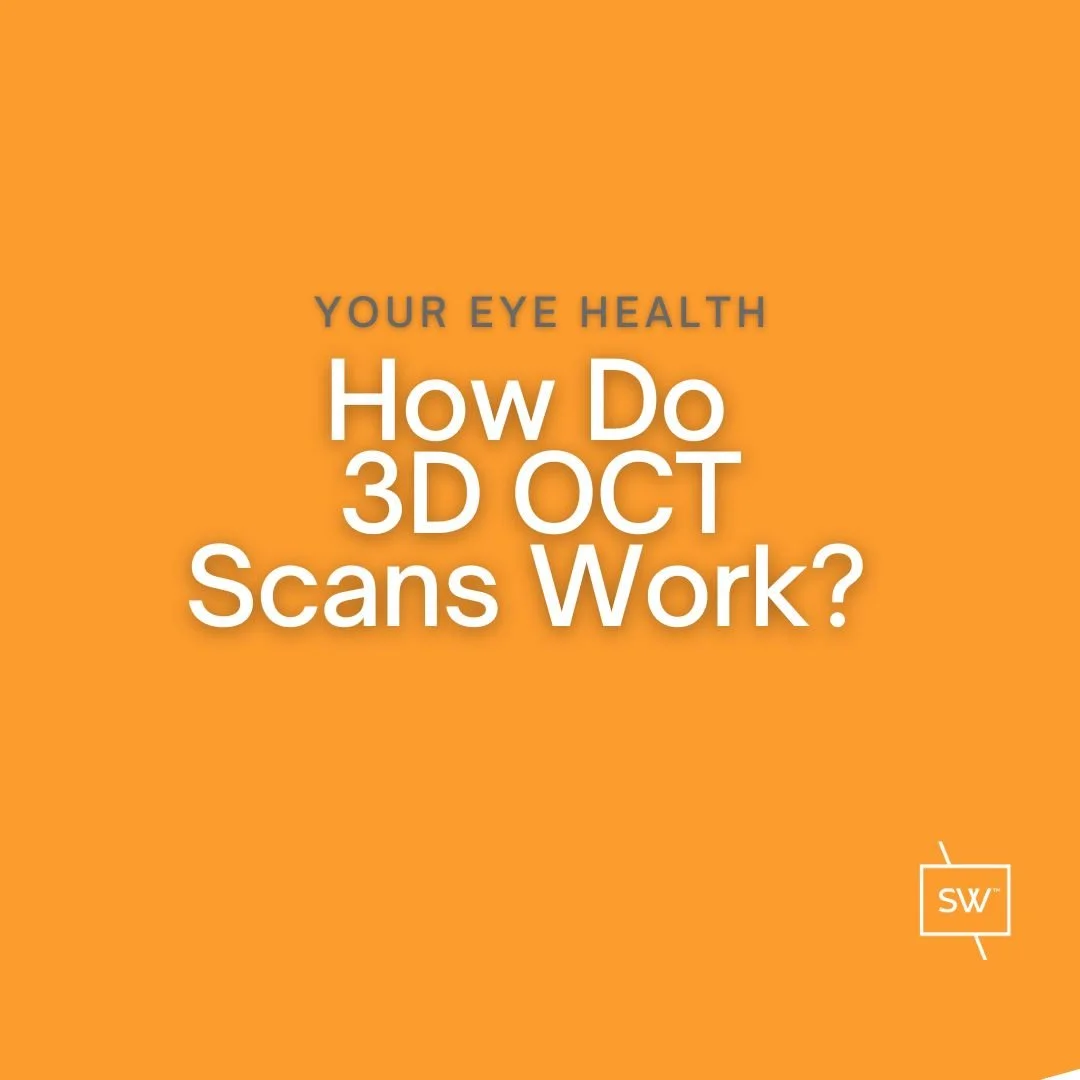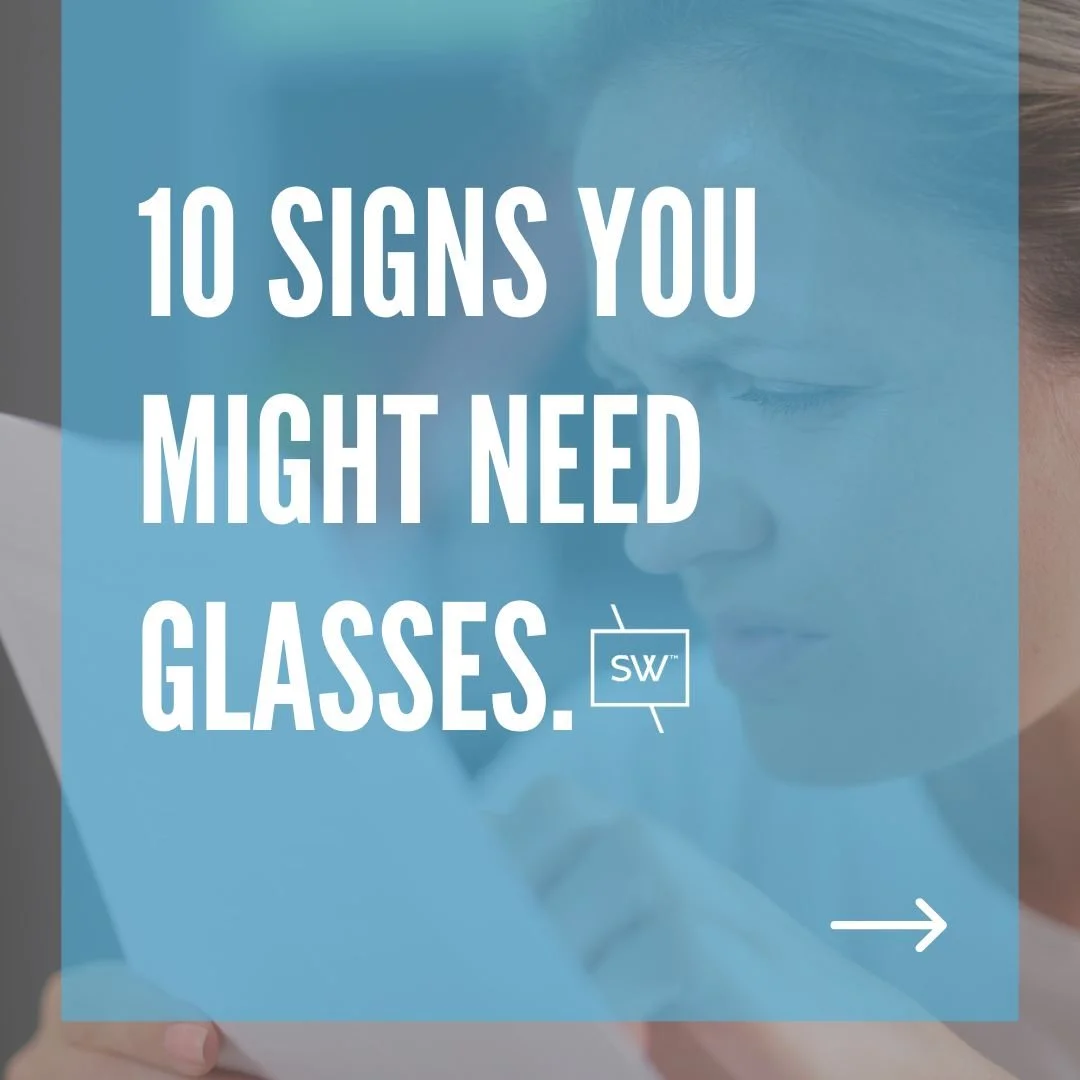Can You Wear Contact Lenses if You Have Diabetes?
/As an optometrist, I often encounter patients with diabetes who have questions about various aspects of their eye health. One common question I get asked is whether it's safe for individuals with diabetes to wear contact lenses.
The short answer is yes; many individuals with diabetes can safely wear contact lenses. Still, there are important considerations and precautions to keep in mind. In this article, we'll explore the world of contact lenses and diabetes, providing a professional perspective.
Understanding Diabetes and Eye Health
Before we address the question of contact lenses, it's vital to understand how diabetes can impact your eyes. Diabetes is a metabolic condition that affects how your body processes glucose or sugar. It can lead to various eye complications, including diabetic retinopathy, glaucoma, dry eye syndrome and cataracts, which can affect your vision. Monitoring and managing your diabetes and regular eye exams are crucial for maintaining optimal eye health.
Contact Lenses and Diabetes
Now, let's discuss the compatibility of contact lenses with diabetes. Contact lenses can be a suitable option for many individuals with diabetes who wish to correct their vision. However, here are some essential considerations to keep in mind:
1.Regular Eye Exams
Suppose you have diabetes and are considering contact lenses. In that case, it's imperative to have regular eye exams with an eye care professional who is experienced in managing diabetic eye health.
Diabetic eye exams not only assess your vision but also screen for any diabetic-related eye complications, ensuring early detection and timely treatment.
2. Maintaining Consistent Blood Sugar Levels
Fluctuations in blood sugar levels can affect the health of your eyes and the comfort of your contact lenses. It's crucial to manage your diabetes effectively to avoid potential vision-related complications.
Elevated blood sugar levels can lead to increased glucose in tears. This might create a more hospitable environment for bacterial growth.
High or uncontrolled blood sugar levels can lead to dry eyes, making wearing contact lenses less comfortable (see below).
3. Dry Eyes and Contact Lenses
Diabetes can increase the risk of dry eye syndrome. In this condition, your eyes don't produce enough tears or have poor tear quality.
Dry eyes can make wearing contact lenses uncomfortable. In such cases, discussing your symptoms with your eye care provider to explore solutions such as specialized contact lenses or artificial tears is essential.
4. Hygiene and Care
Proper hygiene when handling and wearing contact lenses is essential for everyone, but it's even more critical for individuals with diabetes, as they may be more susceptible to eye infections.
People with diabetes often have reduced healing ability. So, suppose a person with diabetes gets a small scratch on the cornea (from inserting or removing a contact lens, for example). In that case, it might take longer to heal. This provides an opportunity for bacteria or other pathogens to cause an infection.
Always follow your eye care professional's recommendations for cleaning and storing your contact lenses.
5. Communication with Your Eye Care Provider
Open and transparent communication with your eye care provider is critical. Inform them about your diabetes diagnosis and any related concerns or changes in your eye health.
Conclusion
In conclusion, wearing contact lenses is generally safe for individuals with diabetes. Still, it requires careful attention to your eye health and diabetes management. Regular eye exams, proper blood sugar control, and good hygiene practices are essential for ensuring a comfortable and successful contact lens experience.
Schedule Your Eye Exam Today!
Prioritize your vision by scheduling an eye exam with us today. For your convenience, appointments can be made through our user-friendly online platform or by contacting us at 780.628.6886. Trust Stonewire Optometry in Kingsway Mall for professional and comprehensive eye care that you can understand. You See What We See.















